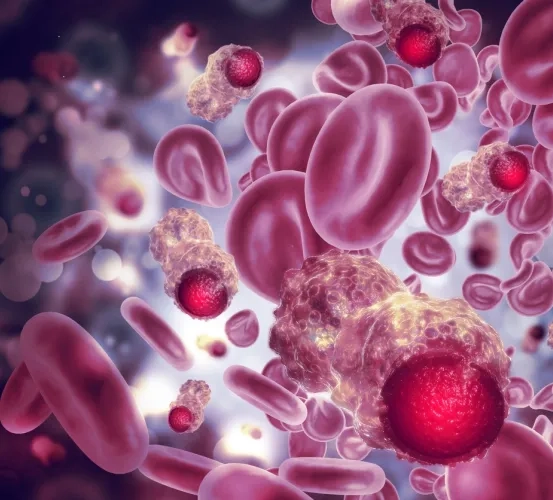
Effect of Dietary Omega-7 Palmitoleic Acid-Rich Oil on Lipoprotein Metabolism and Satiety in Adults

NIH Clinical Trial for Relapsed/Refractory B-Cell Malignancies

COVID-19, Chronic Adaptation and Response to Exercise (COVID-CARE): A Randomized Controlled Trial COVID-19 Adaptation and Response to Exercise (En español)

COVID-19, Adaptación crónica y respuesta al ejercicio (COVID-CARE): un ensayo controlado aleatorio
Investigadores del Centro Clínico de los Institutos Nacionales de la Salud (NIH, por sus siglas en inglés) buscan voluntarios para un estudio que investiga si un programa de ejercicios aeróbicos puede beneficiar a los sobrevivientes de COVID-19.

A Longitudinal Investigation of the Endocrine and Neurobiologic Events Accompanying Puberty

Urinary Vitamin C Loss in Diabetic Subjects

Phenotype/Genotype Correlations in Movement Disorders
Do you have Parkinson's disease? Doctors at the National Institute of Neurological Disorders and Stroke (NINDS) are conducting a research study on people with Movement Disorders. They are currently recruiting participants with Parkinson's disease. The purpose is to learn more about the disease and identify genetic changes and other indicators of the condition that may allow earlier diagnosis.There is no cost for study-related tests or procedures. Travel assistance may be provided.

Rituximab Plus Cyclosporine in Idiopathic Membranous Nephropathy

Clinical and Genetic Studies in Familial Non-medullary Thyroid Cancer
Thyroid cancer accounts for the vast majority of all types of cancer and little is known about the possible genes that may cause the cancer. An estimated 5% of all thyroid cancers are hereditary. If three or more first-degree relatives are affected, there is a greater than 94% chance that these cases are familial non-medullary thyroid cancer (FNMTC). Researchers at the National Institutes of Health (NIH) are conducting a research study to develop the best ways to evaluate, determine best screening strategy, and identify genes that may indicate vulnerability to FNMTC.

Surgery as a Treatment for Medically Intractable Epilepsy
The National Institute of Neurological Disorders and Stroke at the National Institutes of Health Clinical Center is looking for individuals with severe epilepsy or individuals who have experienced persistent seizure activity that cannot be controlled with medication, to participate in this research study. The goal of this research study is to provide surgical treatment to control these types of seizures. Participation requires an inpatient stay of up to 4 weeks, plus 3 outpatient visits within 2 years after surgery.

